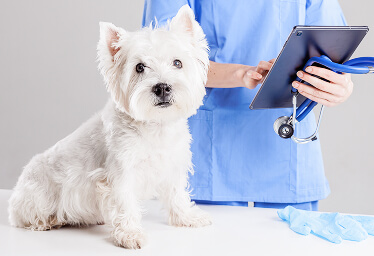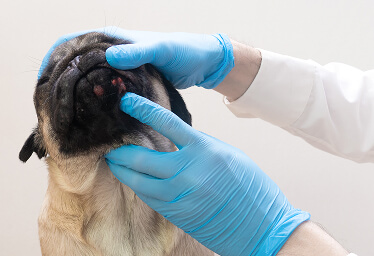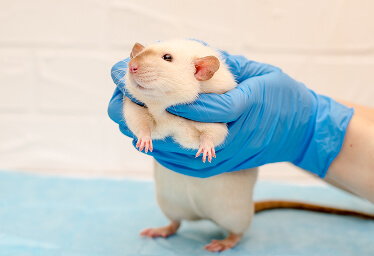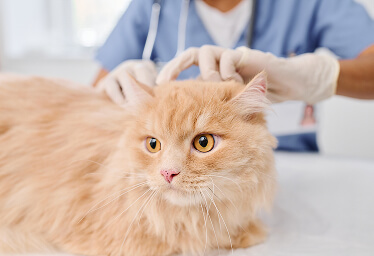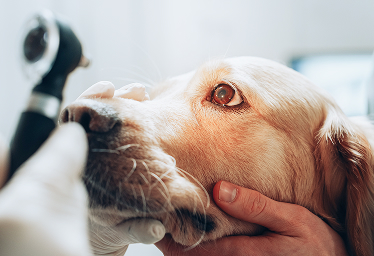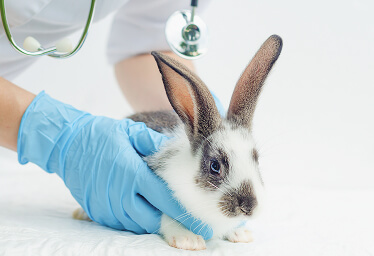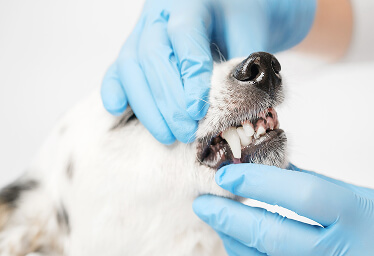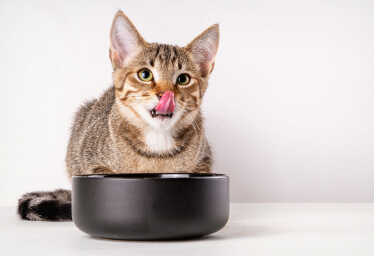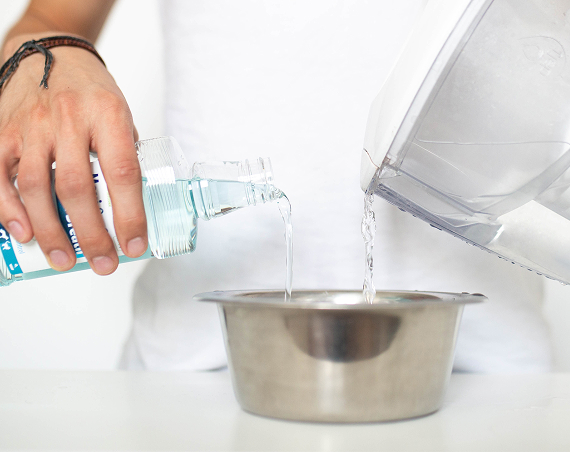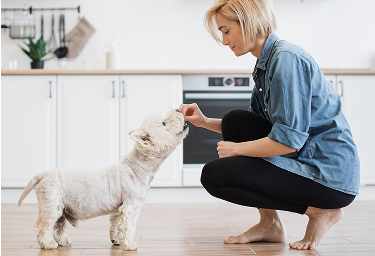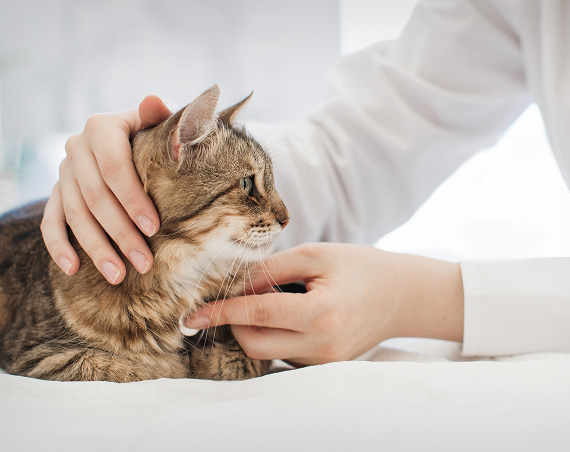How to boost your pet's immunity? A practical guide for caregivers

Shortcuts
Dogs and cats are exposed to viruses or bacteria every day. However, nature has equipped them with a remarkable shield that protects their bodies from potential infection. This is the immune system. How to support the immunity of animals and stimulate its effective work?
What exactly is the immune system?
The immune system consists of organs, tissues, cells and small molecules that work together and protect the animal’s body from infectious agents. What exactly makes it up?
The immune system includes:
- Lymph nodes – small structures lying along the lymphatic vessels in specific locations. Their main function is to filter and retain antigens,
- T lymphocytes and B lymphocytes – these are responsible in turn for cellular immunity and antibody production,
- Spleen – it is responsible for filtering and retaining antigens directly from the bloodstream,
- Bone marrow – that is, the site of production of many white blood cells,
- Thymus – a gland that is largest in young individuals, when the immune system is most active, and begins to decline with age
- leukocytes – various white blood cells with diverse functions in the immune system (they respond to bacteria and inflammation, among other things, and also support lymphocytes in the production of antibodies),
- Antibodies (immunoglobulins) – specialized serum proteins produced by B lymphocytes as a response to antigens.
How does the immune system function?
The immune system of dogs and cats performs a variety of functions – from promoting healing, to removing damaged cells, to maintaining balance in the body. They can be divided into two main ones:
- Detection – recognition of foreign substances, or antigens – the immune system is able to recognize foreign substances from the cells of its own body,
- Protective – when the immune system is working properly, it provides protection against infectious diseases or other effects of antigens.

Types of immunity – what are the actual differences?
Considering the immune response, immunity can be divided into specific and non-specific, then into active and passive. Which is responsible for what and when?
- Specific response – develops after the body comes into contact with a particular pathogen or foreign substance. After such contact, the animal’s body learns the substance, adapts and reacts in a specific way to it.
As a result, the next time the body is exposed to this pathogen, the immune system already recognizes this substance. Specific immunity is primarily the responsibility of B lymphocytes, which produce appropriate antibodies (immunoglobulins) as a response to contact with the pathogen. - Non-specific response – is not directed against specific antigens. It involves protective barriers such as skin and mucous membranes (as passive elements) and white blood cells that act by phagocytosis, such as macrophages (active elements).
When the immune system is not working properly….
Since the immune system plays a key role in an animal’s overall well-being and is the first line of defense against pathogens, any disruption in its functioning works against the body. When the system is not working at full capacity, the body has limited ability to fight viruses, bacteria and other pathogens. Thus, susceptibility to disease increases.
What can cause lowered immunity in a dog or cat?
In fact, it is difficult to list all possible causes of lowered immunity. There are many factors that are responsible for lowered immunity. These may include:
- stress,
- An ill-balanced diet,
- diseases,
- infections,
- convalescence.
Many factors affect your pet’s health. To address an immune deficit in advance, support your pet’s immune system, such as with a suitable supplemental food. However, remember to consult with your veterinarian about taking the product, especially if your pet is already taking veterinary medications or other nutritional supplements.
How to support your pet’s immunity?
You can support your pet’s immunity in various ways. First, start with your pet’s diet. A properly composed and balanced menu is the key to a properly functioning immune system. Remember that a proper diet must contain all essential nutrients, such as protein, fats, carbohydrates, minerals and vitamins, in adequate amounts.
Moreover, the diet should be tailored to the nutritional needs of a particular animal, taking into account, among other things, its:
- genre,
- Age,
- activity level,
- conditions in which he lives,
- possible health problems.
In addition to diet, an extremely important part of supporting immunity is regular physical activity. Outdoor movement, playtime and an appropriate dose of exercise tailored to the animal’s capabilities not only help maintain a healthy body weight, but also have a positive effect on the functioning of the immune system. Physical activity stimulates circulation, improves metabolism and supports the body’s natural defense mechanisms.

Learn about our products
Find proven supplements, grooming products and specialty veterinary products. Go back to your choices and take care of your pet.
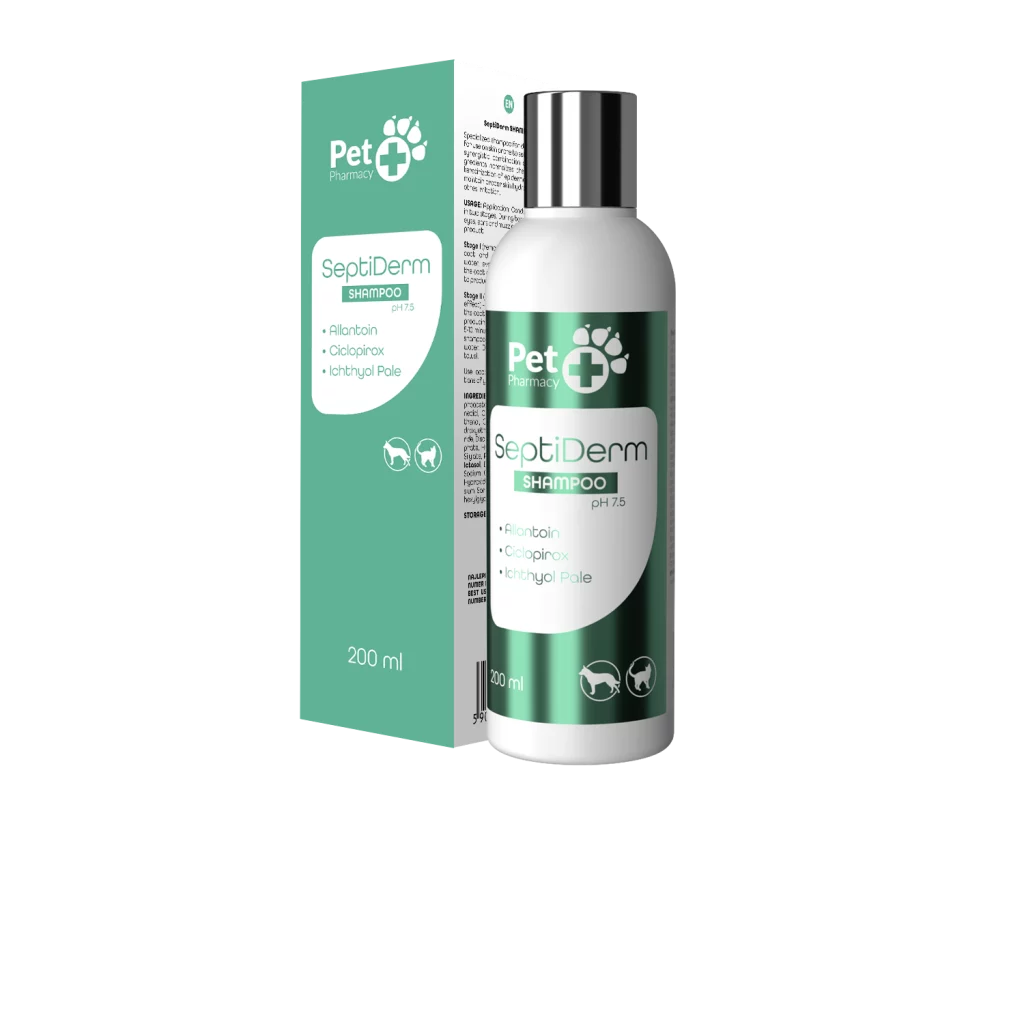
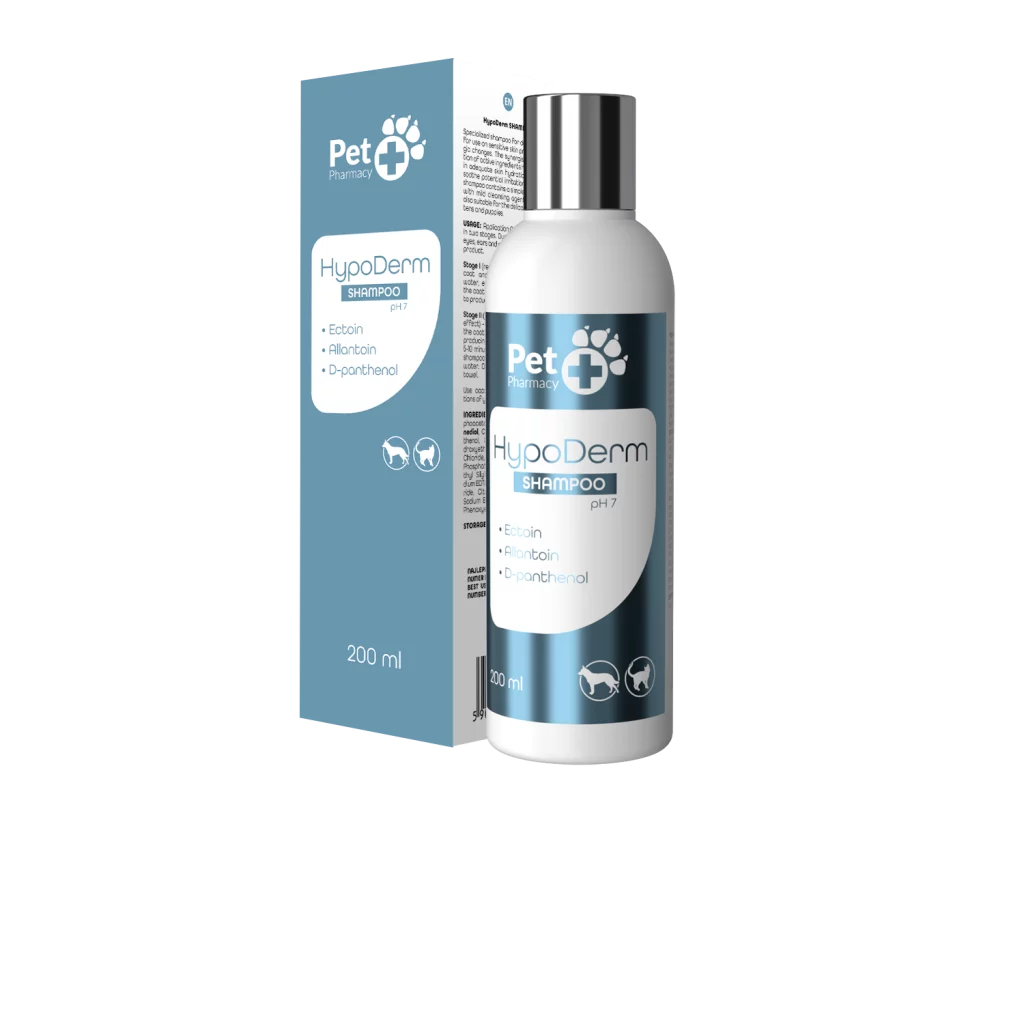
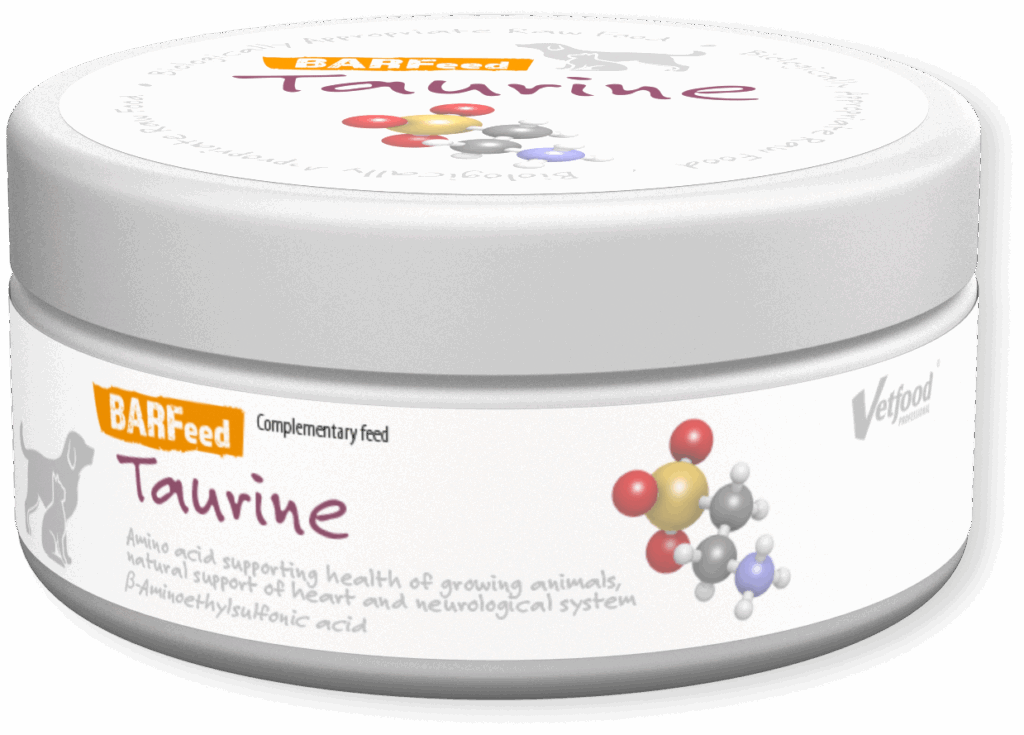

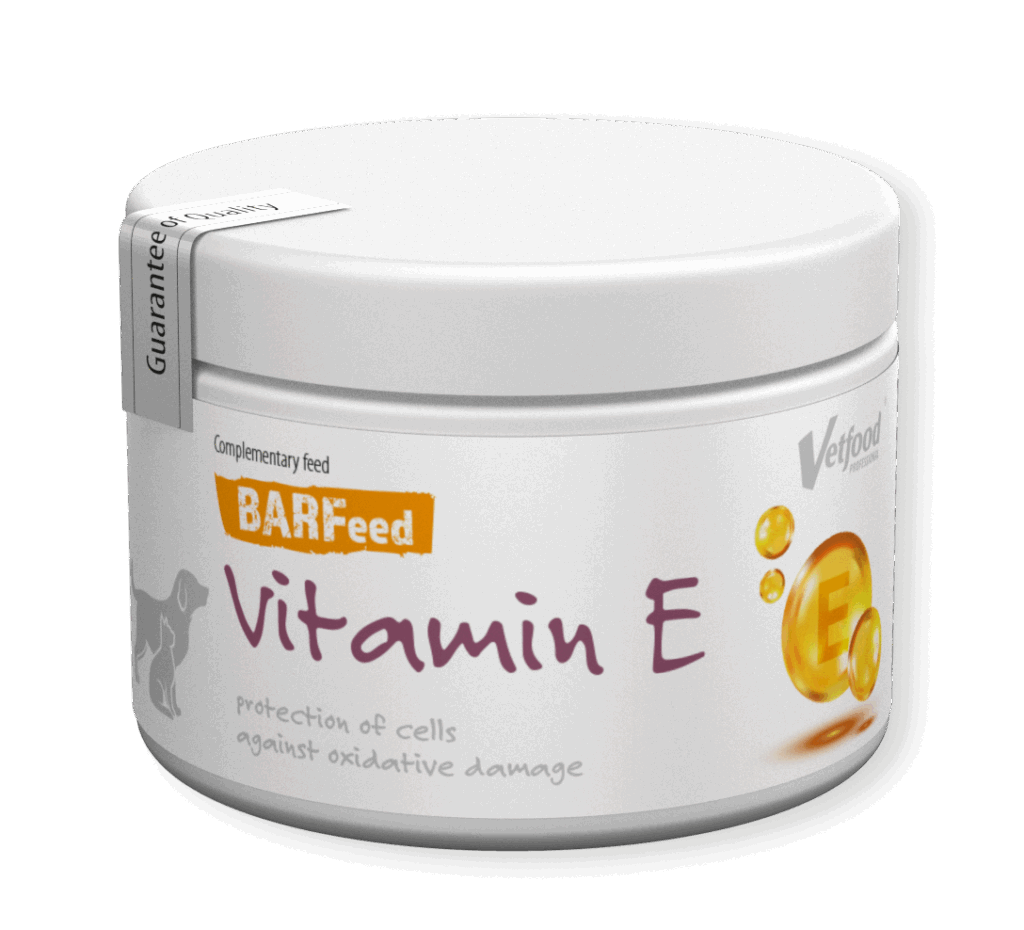
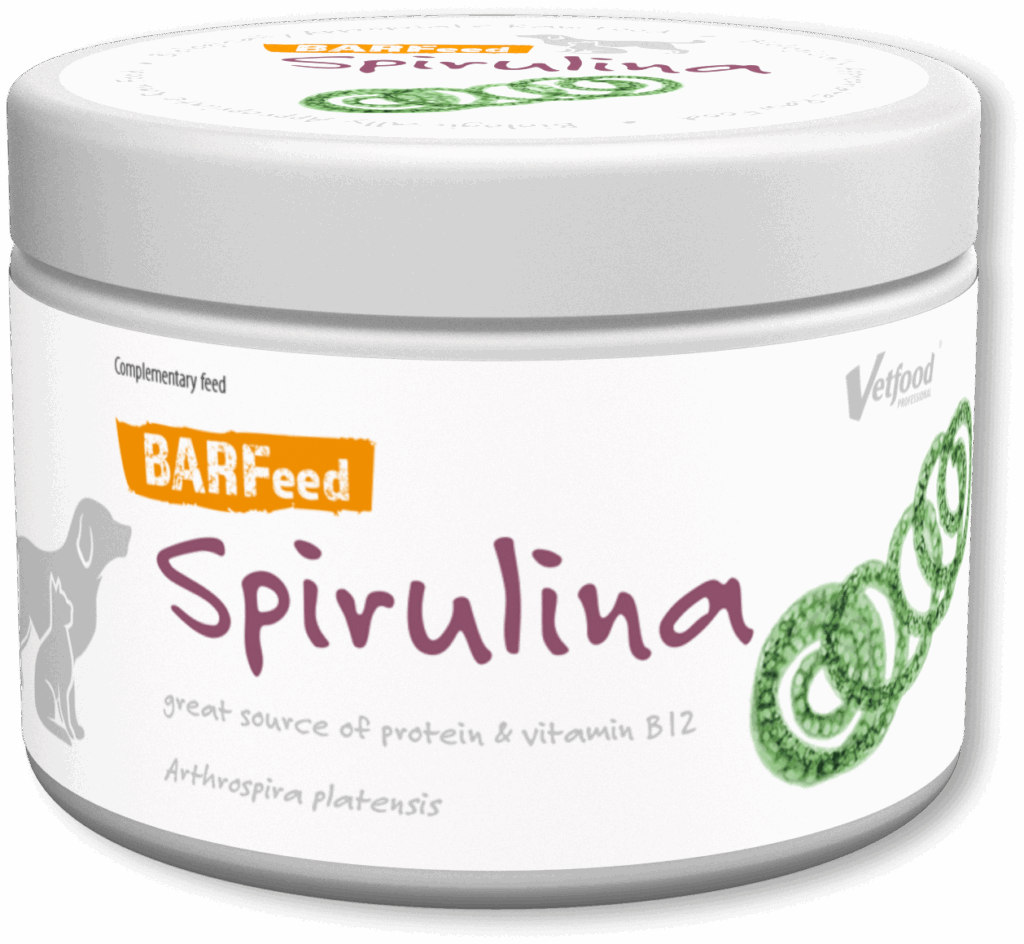
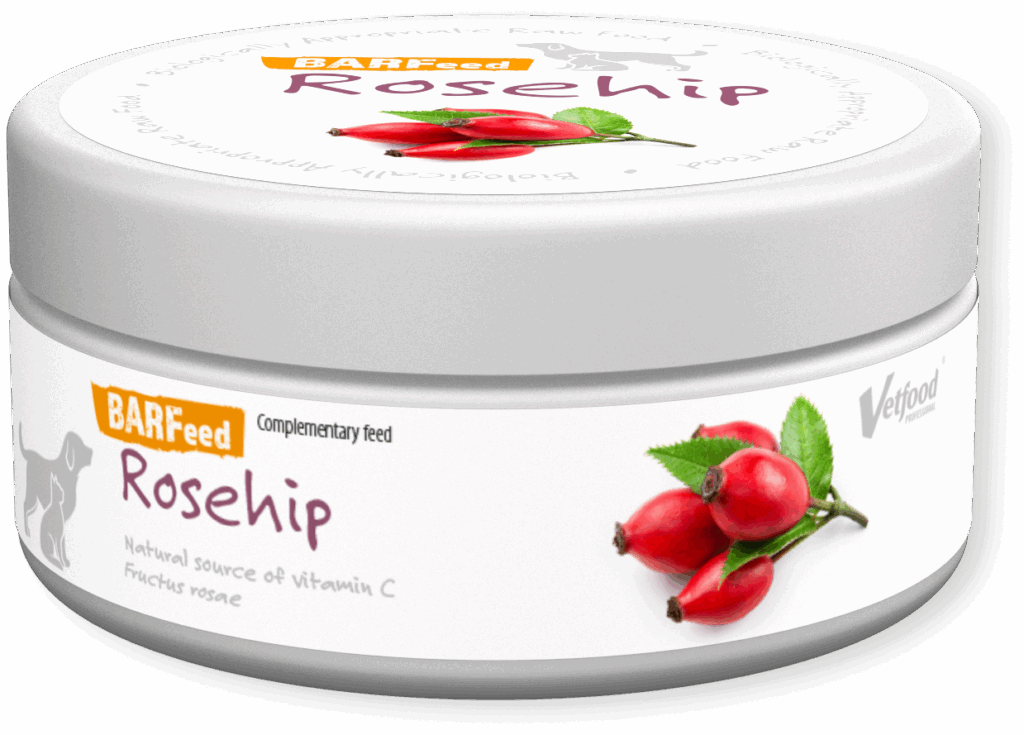
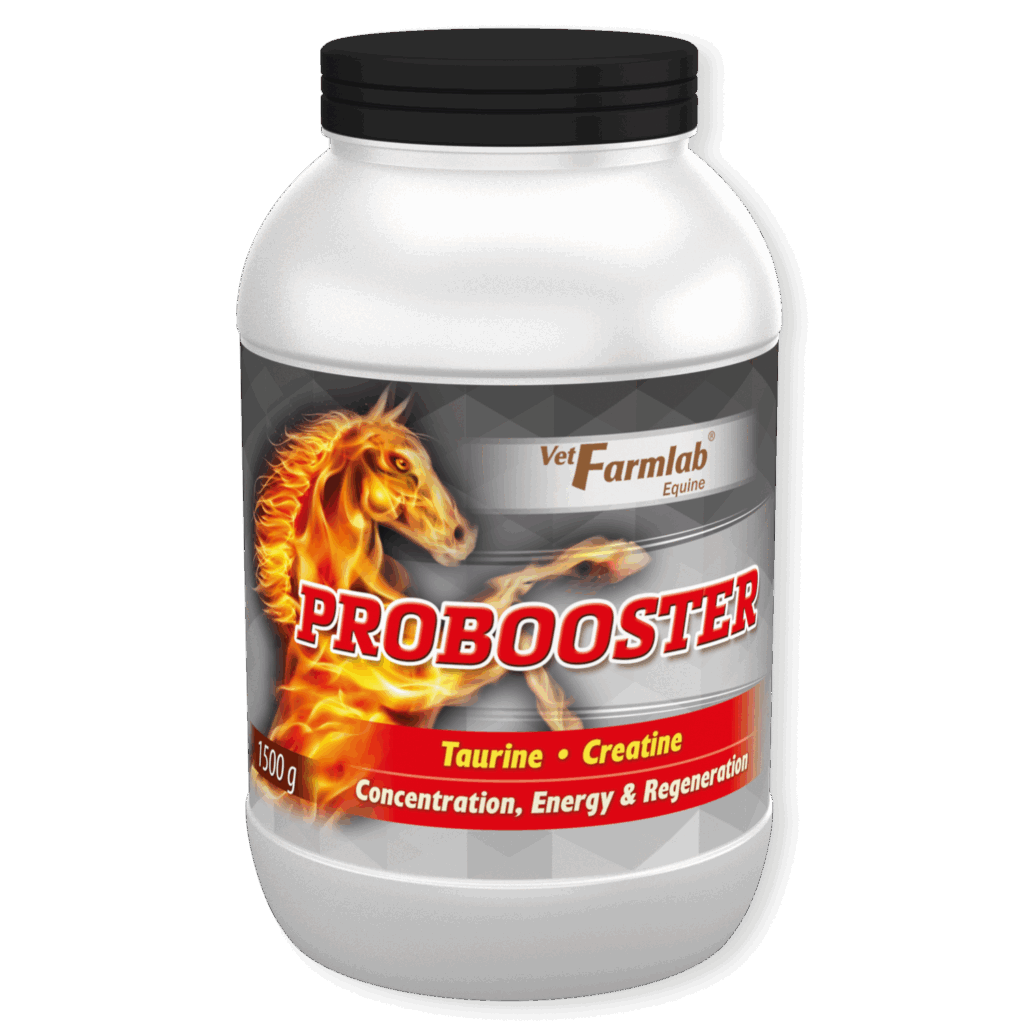
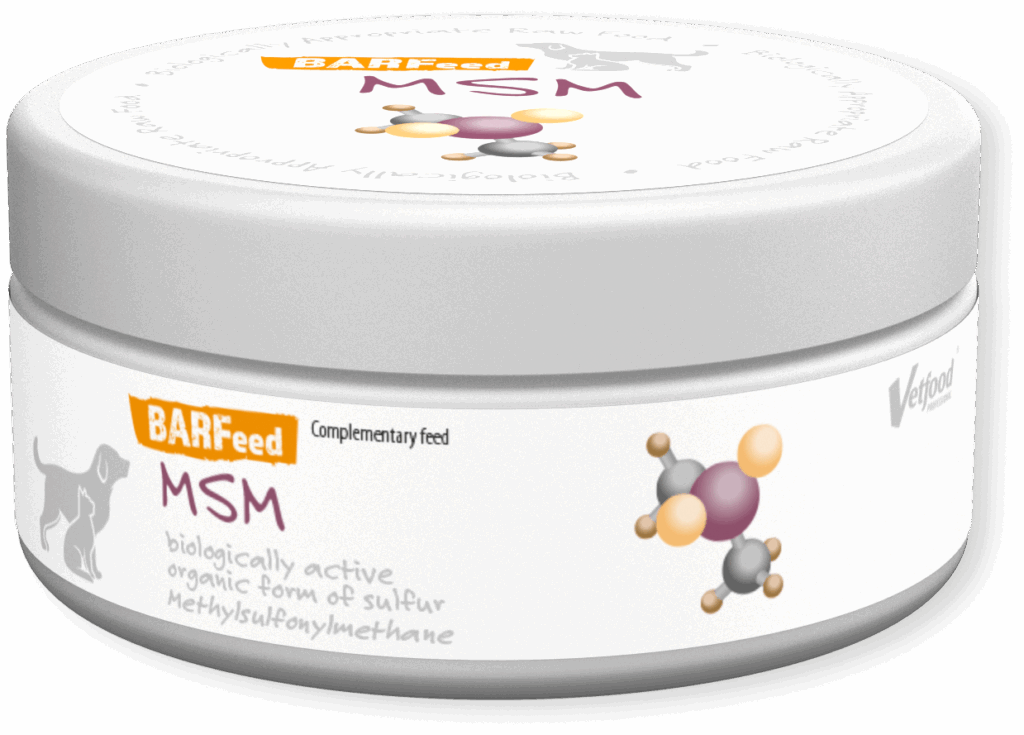
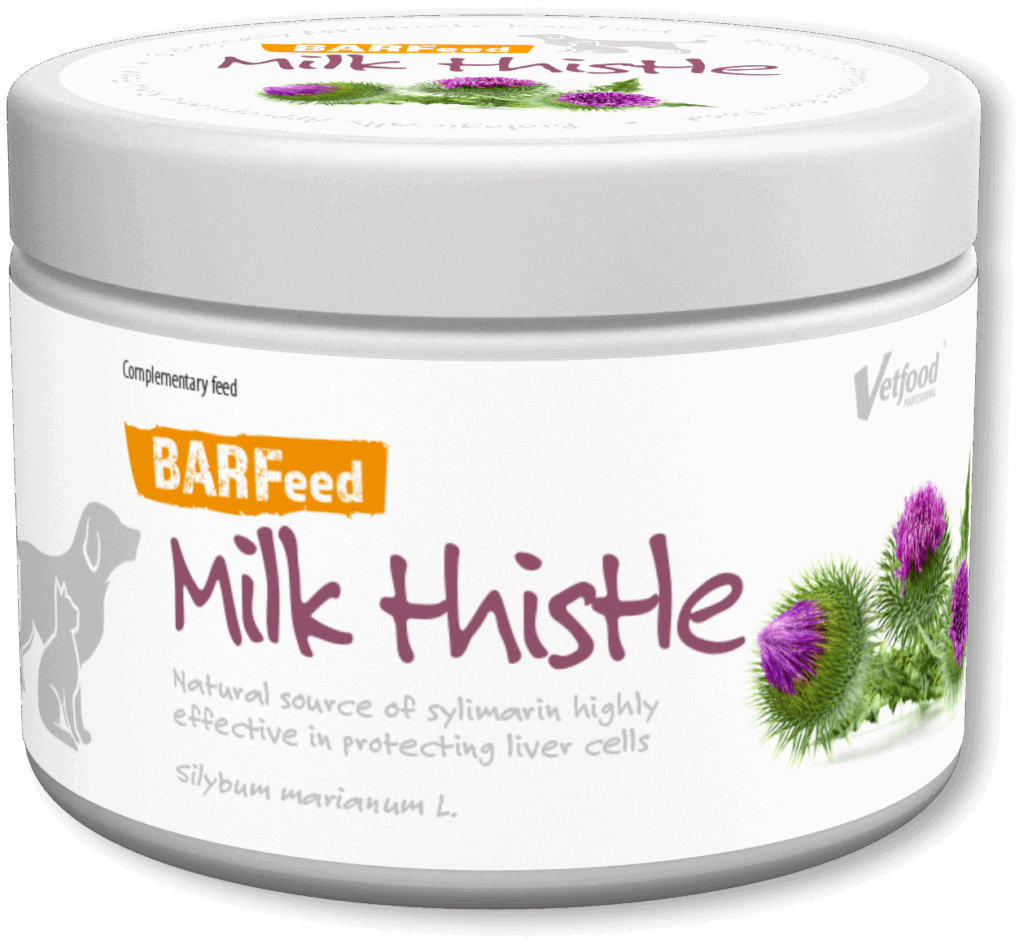
Immunity vs. your pet’s diet – what to pay special attention to?
There are a number of components that play an important role in the functioning of the animal.
Beta-glucan – how does it affect the immune system?
Ingredients that play an important role in the functioning of the pet’s body include beta-glucan. This is a polysaccharide, extracted from the cell walls of the yeast Saccharomyces cerevisiae.
Its action is based on the stimulation of the activity of the feeding cells (macrophages, neutrophils, and monocytes) of the immune system, which are responsible for the elimination of pathogens that cause infections. Enriching an animal’s diet with this particular beta-glucan can have a positive effect on the performance of the immune system.
Beta-glucan – what is worth knowing about it?
Not every beta-glucan works the same way. For example, beta-1,3/1,4-glucan, which is present in oats, among others, will not boost the performance of the immune system. If you care about immune stimulating effects, beta-1,3/1,6-glucan will be a better option.
Probiotics and their impact on immunity
Probiotics are another element that can appear in the menu of companion animals. These are live cultures of bacteria. Their inclusion in the diet can positively affect the gut microflora. It is interesting to note that as much as 70% of immunity depends precisely on the digestive system. Thus, by taking care of the balance of intestinal bacterial flora, you support the animal’s immune system.
If you are choosing a probiotic for your dog or cat, consider especially those dedicated to pets. This is because they contain those strains of beneficial bacteria cultures that make up the microbiome of pets.
Antioxidants – and their effects on your pet’s body
These are substances that support the animal body in the fight against free radicals responsible for the destruction of body cells. By including antioxidants in the diet, you are supporting the health of animals in many ways, including by stimulating the immune system.
Summary
The immune system is an amazing defense mechanism that protects your pet’s body from many types of pathogens, including bacteria, viruses, toxins and parasites. You can support its proper work in a number of ways, such as by using complementary foods available in our offer. Remember, however, that nothing can replace a properly balanced diet. Equally important are regular visits to the veterinarian, so that you can
The text is for informational purposes and does not replace the advice of a veterinarian.
